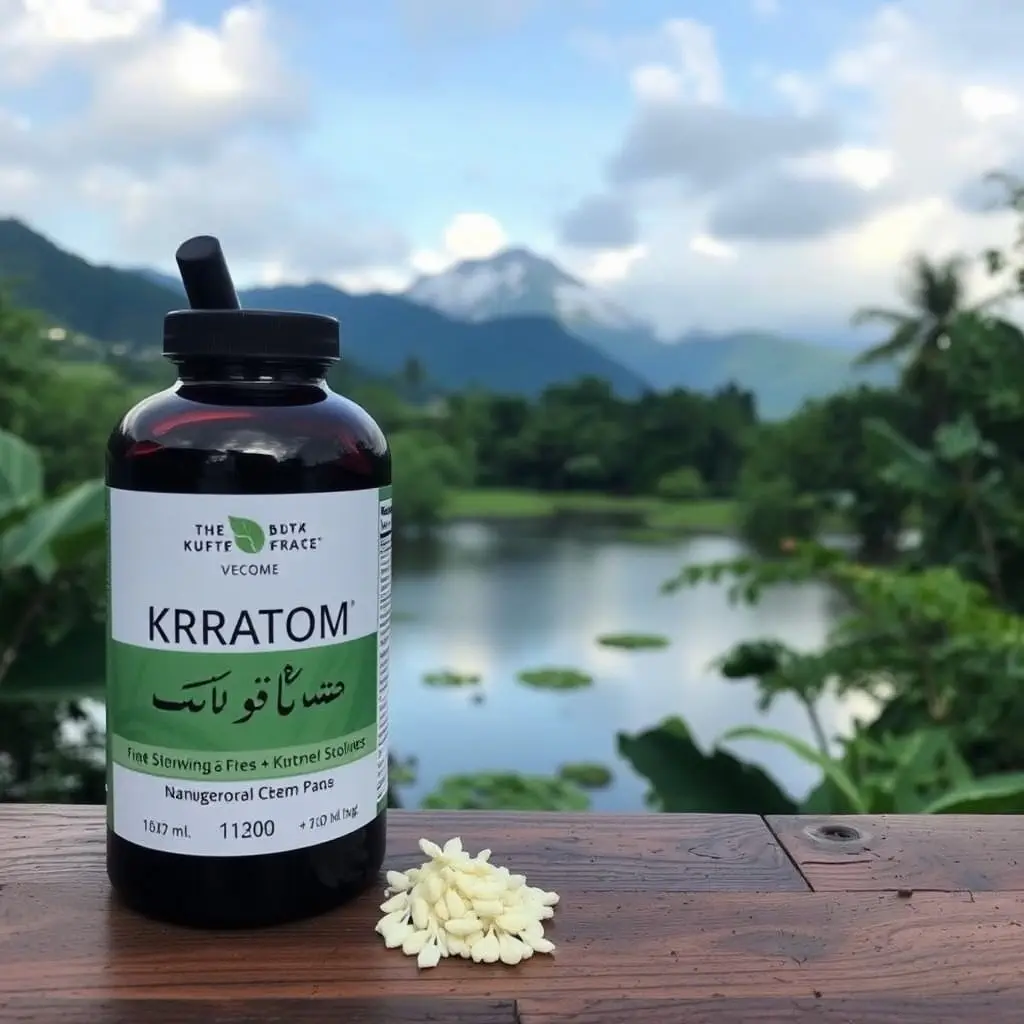2023 has witnessed growing interest in kratom, a plant from Southeast Asia, as an ergogenic aid for enhancing physical and mental resilience among travelers. Kratom contains alkaloids like mitragynine and 7-hydroxymitragynine that engage with opioid receptors, potentially offering benefits such as increased stamina, reduced fatigue, improved focus, and mood elevation. However, the legality of kratom is highly variable; it's illegal in some countries like Sweden, Denmark, Australia, and Malaysia due to concerns over abuse and dependency, while it's permitted under federal law in the U.S., with state-specific regulations. When traveling internationally with kratom, it's essential to understand its legal status in each country of travel and transit, as well as adhere to transportation laws such as those set by the TSA for carry-on and checked baggage. Travelers must conduct thorough research into local laws and consult with embassy officials or legal experts, as these regulations can change and interpretation may differ. The ability to travel with kratom hinges on its legal classification in your destination, necessitating careful planning to avoid legal complications. Always verify the most current legal status of kratom for safe and compliant travel.
Exploring the potential of kratom for performance enhancement, this article delves into its role in bolstering physical and mental endurance, particularly for travelers. Kratom, derived from the Mitragyna speciosa tree, has garnered attention for its impact on vitality and well-being. Before integrating it into your travel routine, it’s crucial to navigate the complex legal landscape that governs its transportation across borders, such as “can you travel with kratom?” This piece provides comprehensive insights into understanding kratom’s effects, the legalities of traveling with it internationally, and how to maximize its benefits for sustained performance during your journeys.
- Understanding Kratom and Its Role in Performance Enhancement
- Legal Considerations for Traveling with Kratom Internationally
- Maximizing the Benefits of Kratom for Physical and Mental Endurance During Travel
Understanding Kratom and Its Role in Performance Enhancement

Kratom, a tropical evergreen tree native to Southeast Asia, has garnered attention for its potential role in performance enhancement. The leaves of Mitragyna speciosa, commonly known as kratom, contain a blend of alkaloids, primarily mitragynine and 7-hydroxymitragynine, which are thought to interact with the body’s opioid receptors, influencing pain perception, mood, and energy levels. These effects can be harnessed to potentially improve physical and cognitive performance in individuals who use kratom responsibly. Users report a range of experiences, from increased stamina and reduced fatigue to heightened focus and motivation, which can be beneficial for those engaging in activities that require sustained mental or physical effort.
When considering the use of kratom for performance enhancement, it’s important to address the legality and safety considerations. Kratom’s status varies by country and region, with some places allowing its use while others have placed restrictions or outright bans due to concerns about its potential for abuse and dependency. For those who can legally access kratom, understanding proper dosing and avoiding combining it with other substances is crucial. Additionally, the ability to travel with kratom products depends on the specific laws of the destination and whether it is carried as a supplement or for personal use. Prospective users should conduct thorough research and consult with healthcare professionals before incorporating kratom into their performance enhancement regimen to ensure compliance with local laws and to minimize health risks.
Legal Considerations for Traveling with Kratom Internationally

When considering international travel with kratom, it is imperative to be aware of the legal status of this supplement in the destinations you plan to visit. Kratom is derived from the Mitragyna speciosa tree and has been used traditionally in some Southeast Asian countries for its stimulant and sedative effects. However, its legal status varies significantly across different nations. For instance, in some countries like Sweden, Denmark, Australia, and Malaysia, kratom is strictly controlled or banned due to concerns over its psychoactive properties and potential for abuse. On the other hand, in places like the United States, kratom is mostly legal at the federal level but subject to state-specific regulations.
Travelers must thoroughly research the legality of kratom in their intended travel destinations before packing it. The legality can be influenced by changing laws and differing interpretations of what constitutes a legal substance, making it a dynamic and complex issue. It is also crucial to note that possessing or transporting kratom may not only be illegal but could also lead to severe consequences, including detention or fines upon arrival at your destination. Therefore, exercising caution and due diligence by consulting with embassy officials or legal experts in the countries you plan to visit is advisable. Additionally, checking the Transportation Security Administration (TSA) guidelines if flying within the United States, or equivalent international bodies, for carry-on and checked baggage regulations is equally important. Can you travel with kratom internationally? The answer is not straightforward; it depends on the specific legal context of each country you intend to transit through or visit. Always verify the current laws and regulations to ensure compliance and avoid any legal complications during your travels.
Maximizing the Benefits of Kratom for Physical and Mental Endurance During Travel

Kratom, a plant native to Southeast Asia, has gained attention for its potential ergogenic properties, which can be particularly beneficial for travelers seeking to enhance both physical and mental endurance. When planning to incorporate kratom into your travel regimen, understanding the legal status of kratom in your destination is crucial. As of the knowledge cutoff in 2023, some countries have restrictions on kratom, so it’s imperative to verify its legality before you travel with it. Assuming kratom is legal at your intended destination, strategically using this botanical can support physical activities and mental fortitude during your journey.
For those embarking on adventures that require sustained physical exertion, certain kratom strains are believed to stimulate energy levels and reduce perceived exertion, potentially allowing for longer durations of activity with less fatigue. Additionally, for travelers facing the mental and emotional demands of unfamiliar environments, kratom may offer a modulating effect on mood and stress response, contributing to a more balanced state of mind. To maximize these benefits, it’s recommended to consult with a healthcare provider to determine the appropriate kratom dosage for your individual needs, as well as to ensure that any use aligns with local laws and regulations. Proper dosing is key to harnessing kratom’s effects without overstepping into potential adverse effects or legal complications.
In conclusion, kratom has garnered attention in the realm of performance enhancement, offering potential benefits for both physical and mental endurance, particularly during travel. Understanding its complex role is crucial for those looking to leverage its effects responsibly. Yet, it’s essential to navigate the legal landscape carefully, as traveling with kratom internationally can be subject to varying regulations. By adhering to these legal considerations, individuals can maximize the benefits of kratom while respecting the laws in different countries. It’s important to approach its use with caution and consideration, ensuring that one’s actions are compliant with local laws. Whether for personal enhancement or as part of a traveler’s regimen, the key lies in understanding how kratom interacts with one’s body and mind, and utilizing it safely within legal boundaries.






